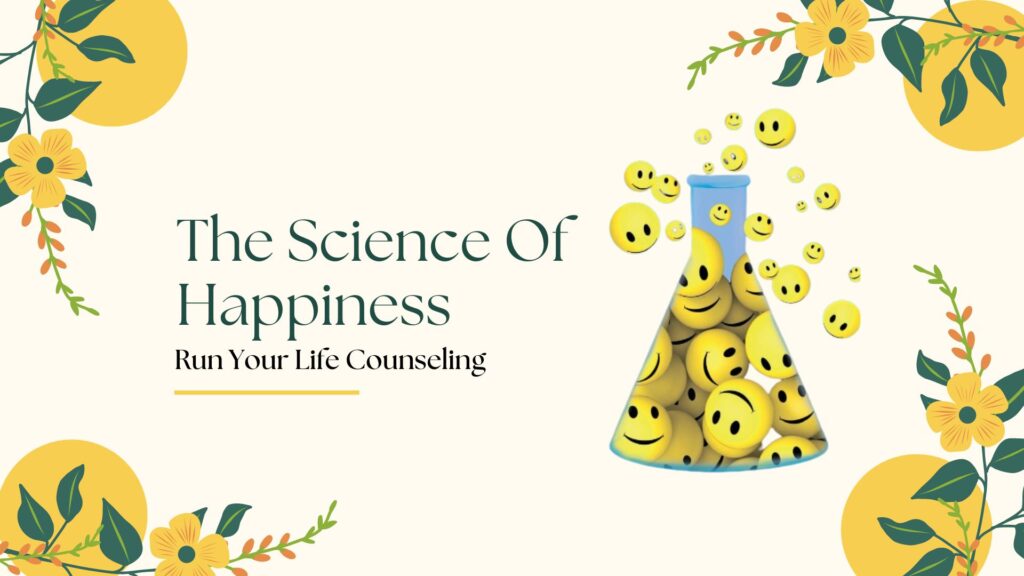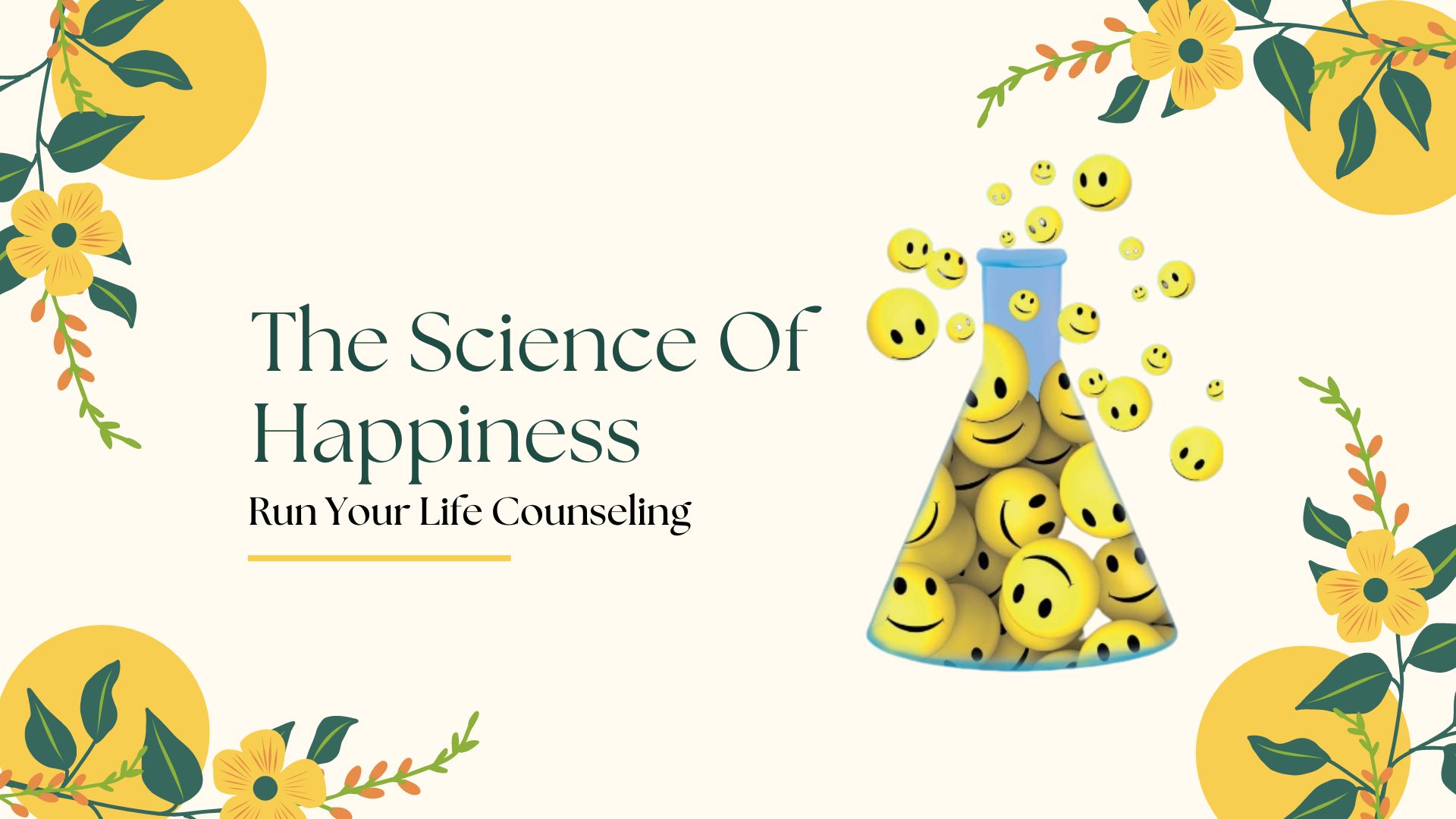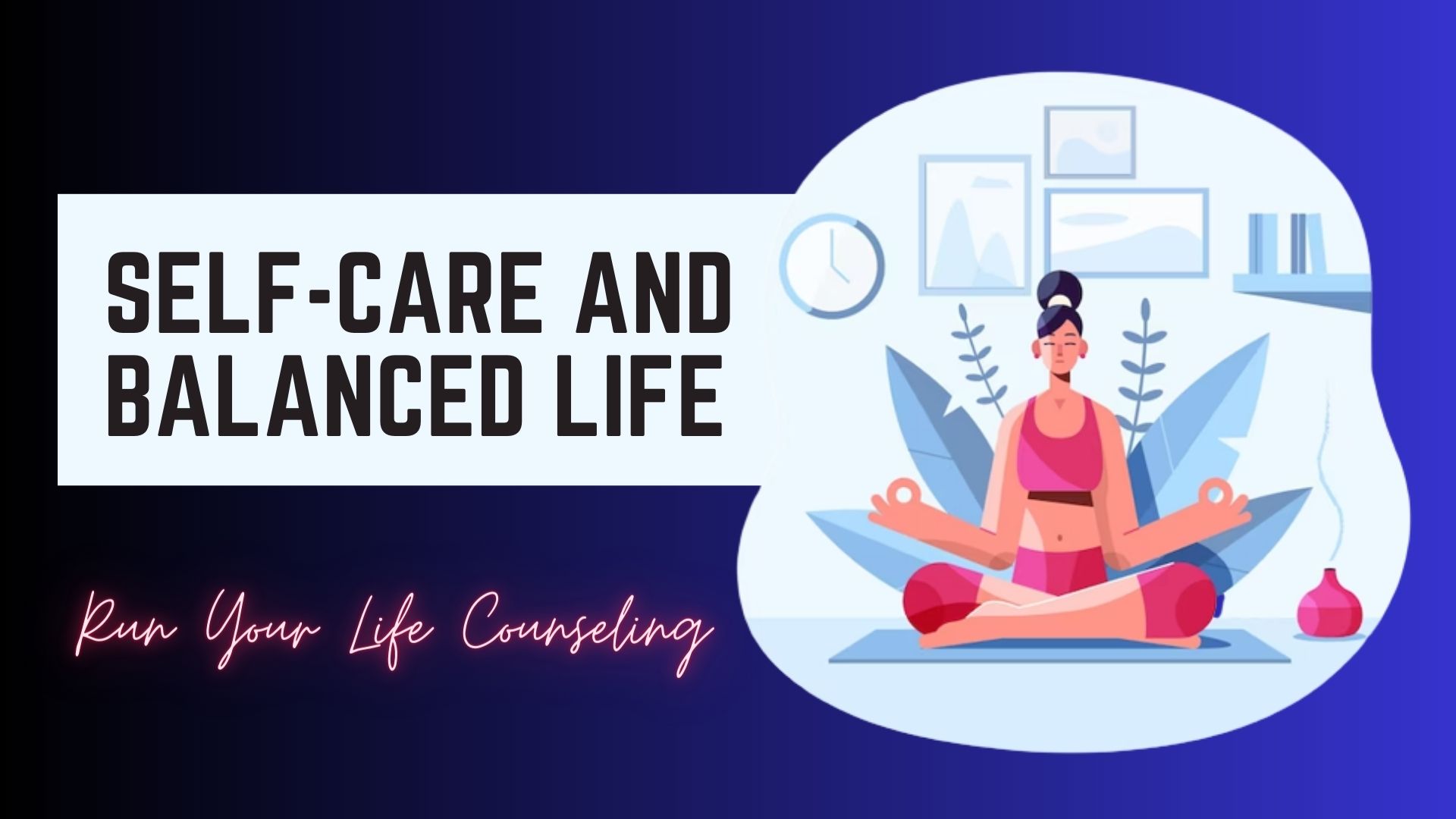Happiness is something that everyone strives for, but it can be elusive at times. The good news is that there is a science to happiness, and with the right tools and mindset, anyone can achieve true bliss. In this article, we’ll explore the science of happiness, how to be happy, and the secrets to finding lasting joy in life.
Introduction: What is the Science of Happiness?
The science of happiness is a field of study that focuses on the psychological and physiological factors that contribute to well-being and life satisfaction. Research has shown that happiness is not simply a matter of circumstance but is largely influenced by our attitudes and behaviors. By understanding the science of happiness, we can learn how to cultivate a positive mindset and create a fulfilling life.
The Power of Gratitude
Gratitude is a key factor in achieving happiness, as it helps shift our focus from what we lack to what we have. Research has shown that practicing gratitude can improve our mental health, reduce stress levels, and increase overall well-being. To cultivate gratitude in your life, try keeping a gratitude journal, expressing thanks to others, or simply taking time to appreciate the small joys in life.
The Benefits of Gratitude
- Improved mental health
- Reduced stress levels
- Increased life satisfaction
- Improved relationships
Ways to Practice Gratitude
- Keep a gratitude journal
- Express thanks to others
- Take time to appreciate the small things
- Practice mindfulness and meditation
The Importance of Positive Relationships
Humans are social creatures, and positive relationships are essential for our well-being. Studies have shown that strong social connections can improve our health, happiness, and even our life expectancy. To cultivate positive relationships, focus on building strong connections with friends and family, being open to new experiences and friendships, and practicing empathy and compassion towards others.

The Benefits of Positive Relationships
- Improved mental and physical health
- Increased happiness and life satisfaction
- Increased resilience and ability to cope with stress
- Longer lifespan
Ways to Cultivate Positive Relationships
- Build strong connections with friends and family
- Join social groups or clubs
- Volunteer or get involved in community activities
- Practice empathy and compassion towards others
The Role of Mindfulness and Self-Compassion
Mindfulness and self-compassion are essential components of happiness, as they help us to be present in the moment and cultivate a positive attitude towards ourselves. By practicing mindfulness, we can learn to observe our thoughts and emotions without judgment, and by practicing self-compassion, we can learn to be kind and forgiving toward ourselves. Both of these practices can help reduce stress, anxiety, and depression and increase our overall sense of well-being.

The Benefits of Mindfulness and Self-Compassion
- Reduced stress and anxiety
- Increased self-esteem and self-worth
- Improved emotional regulation
- Increased happiness and life satisfaction
Ways to Practice Mindfulness and Self-Compassion
- Practice mindfulness meditation
- Engage in mindful activities such as yoga or walking
- Practice self-compassion by speaking to yourself kindly and forgiving yourself for mistakes
- Seek out therapy or counseling to work on these skills
Conclusion
The science of happiness shows us that happiness is not just a fleeting emotion but a state of being that can be cultivated with the right tools and mindset. By practicing gratitude, cultivating positive relationships, and embracing mindfulness and self-compassion, we can unlock the secret to true and lasting happiness. So, take the time to invest in yourself and your happiness.
Focus on the things that bring you joy, spend time with loved ones, and practice self-care. Remember that happiness is not a destination but a journey, and it is up to you to create a life that is fulfilling and joyful. In conclusion, the science of happiness offers valuable insights into the factors that contribute to well-being and life satisfaction. By understanding these principles and incorporating them into our daily lives, we can create a sense of happiness and fulfilment that lasts. So why not start today? Take the first step towards a happier life by practicing gratitude, cultivating positive relationships, and embracing mindfulness and self-compassion. You deserve to be happy, so go out and make it happen!




